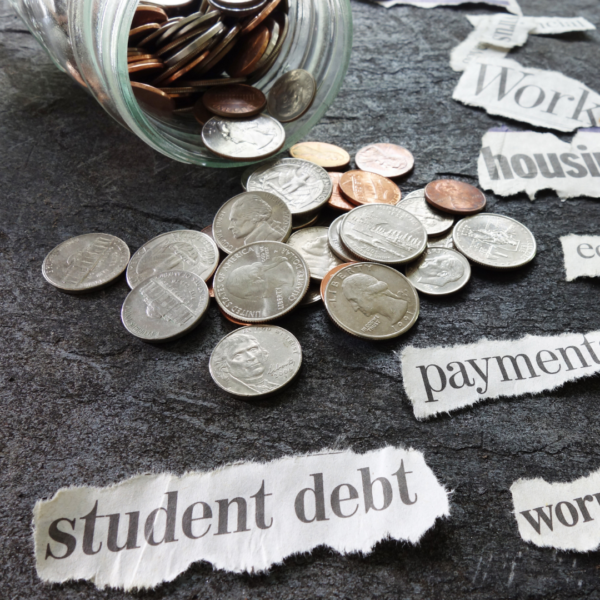A new report from the Pew Charitable Trusts focused on student loan borrowers and the steps that reduce defaulting on repaying student loans. Some of the report’s findings are below:
- The timing of initiating student loan payments is critical in avoiding default.
- Prior research indicates that student loan borrowers who end up defaulting on their student loans tend to miss payments early in repayment.
- Student loan borrowers who do not make payments in the first three months of repayment are 2.5 times more likely to eventually default on their student loans than students who took steps to manage their student loan debts by using repayment tools.
- The repayment tools shown to reduce student loan balances and help avoid default are:
- Enrolling in nonstandard repayment plans such as income-driven (IDR), extended, or graduated plans; putting loans in deferment; and consolidating student loans.
- The repayment tools shown to reduce student loan balances and help avoid default are:
- Based on longitudinal federal student loan data, the default rate trend among student loan borrowers who miss their student loan payments in the first three months persists when controlling for borrower factors (age, gender, race, institution type, degree program, degree completion, and loan balance).
- The analysis indicated that using student loan repayment tools can help ensure greater repayment success, even when borrowers cannot afford to pay full standard student loan payment.
- Prior data suggests that making an extra effort to assist borrowers to get on track in repaying their student loans in their first three months repayment could be instrumental in avoiding serious negative outcomes such as delinquency and default after the student loan repayment pause ends in January 2022.



